The marketing of Spanish plums has been more difficult than expected after the closure of the Brazilian market this year. In fact, if it hadn't been for this, it would have probably been a good campaign. The situation could improve in the coming weeks, given the sharp drop in the production of other countries, such as Italy, France, Portugal or Greece.
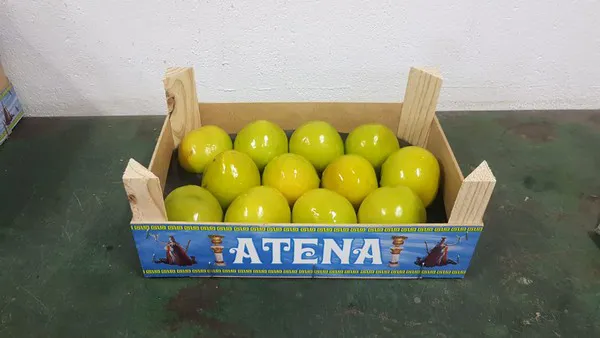
"The loss of Brazil has had a great impact. Even though we didn't export directly to this market, the supply that has been diverted to other markets, like Canada, is pushing prices down," says Maximiliano González, of the sales department of Frutas Nene, based in Valdecalzada, Badajoz. This family business produces and markets around 4 and a half million kilos of fruit, mainly plums. It is specialized in yellow plums, as well as other fruits, such as peaches, nectarines, apricots and ercolina pears.
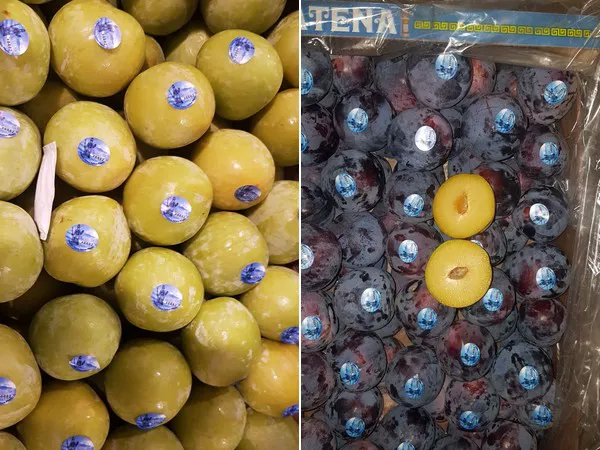
"The plum varieties most affected by the closure of Brazil are the black ones. At the same time, the red plum market seems to be reawakening, since, for example, the Fortuna variety is gaining ground in the Middle East," he says. "I am confident that the situation could improve in a week, as the market will be emptier of black plums and the lack of Italian, French or Greek plums, which have seen their productions decrease, will be more noticeable."
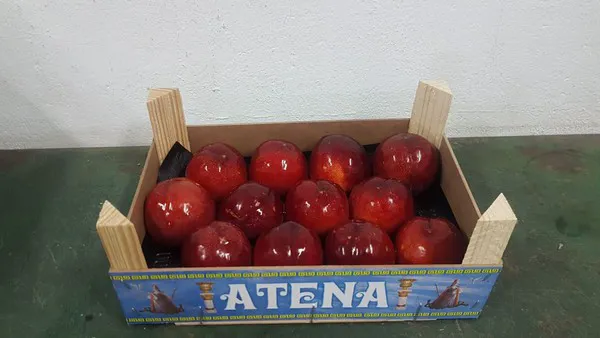
Regarding the possible replacement of the Brazilian market with India, the exporter says that it could perhaps be good for companies that have large volumes and a wide range of products, since the prices offered by this country are very low.
"We have been working with the Indian market for years. It has been said that the Indians are boycotting Chinese plums, but we have seen firsthand that Chinese products continue to be imported at very low prices. I don't think India is an alternative destination to Brazil, in any case, especially for those companies whose business depends mainly on plums. Those companies that focused mainly on Brazil are suddenly dealing with disastrous consequences. Only large companies that have a wide range of products and can afford to sell the plums for low prices and little profit will see India as a suitable alternative."
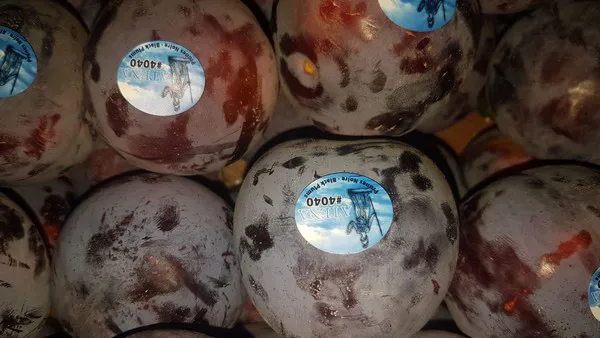
"It is clear that the lack of the Brazilian market is a problem this year, but what will happen next year? It is an important market and I don't think that this situation will improve in the short term. Exporters are trying to ship the plums anywhere, but it is worth recalling that if these alternative markets didn't buy the fruit before, they won't do it now, at least at acceptable prices," he says.
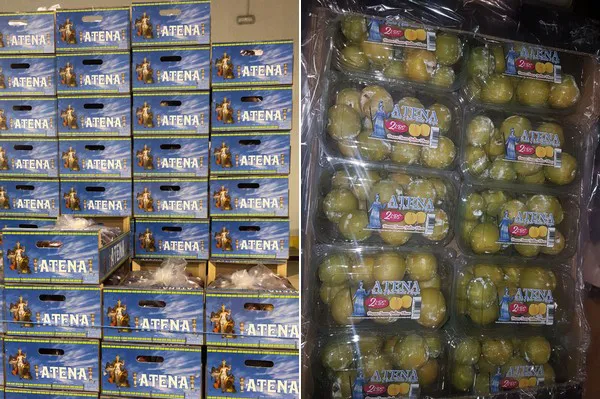
Frutas Nene sells its plums to distribution chains in various European countries, including Poland, whose demand for certain varieties is increasing year after year. They also export to Canada, India and the Middle East. "We have probably produced too much in recent years and we were not ready for surprises like this. We are trying to diversify our markets as much as possible in order to be able to handle situations like this year's," says Maximiliano González.
 For more information:
For more information:
Maximiliano González
Frutas Nene
Ctra. de Guadiana, s/n Km. 0,5
06185 Valdelacalzada. Badajoz. Spain
T+34 924 44 61 93
M:+34 630 35 08 26
info@frutasnene.com
www.frutasnene.com
